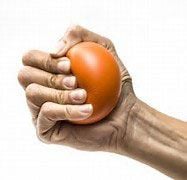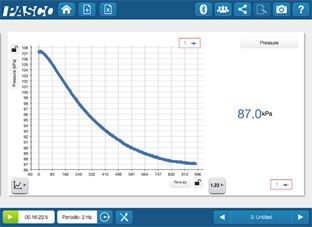
Top stories






More news

Marketing & Media
Ads are coming to AI. Does that really have to be such a bad thing?















However in South African schools, this can be a bit tricky, what with the very high numbers and low resources. So I took just one piece of new tech, the PASCO Wireless Pressure Sensor, and I posed this question: if you have just only one of these in the whole primary school, how can you get data ownership?
Okay, this device measures pressure. You can display and graph results on a computer, smartphone or tablet and it comes with a syringe and some tubing. Primary schools do natural science, which is a combo of life, environmental and physical science. So what would you do?

Then at the end we asked the groups to multiply all the different pressure volume quantities, which should work out fairly constant. We know the physics works, but I still kind of hold my breath when I punch in the values, which is exciting in a rather geeky way.

Oxidation – The pressure sensor includes tubing for attachment to a test-tube. A very cool lab: you use vinegar to strip steel wool of its protective layer and pop it in the sealed tube. Immediately you see the pressure drop as the wool begins to rust. It is a good class scale investigation because it takes time. In about an hour you will see the pressure drop by around 20%. Why? Because that is the oxygen component involved in the rusting reaction.
I recently went through the Education Department’s CAPS Curriculum for Natural Science. They have worked hard to reference commonly available material for practical activities. I hope I have shown that adding a small amount of new experimental technology can really extend the impact of these and other investigations, without consuming major resources. Now, the consumer Christmas spirit seems to be all about bigger, better, faster, more. But maybe the true Christmas spirit is about working together, creatively, to get much more from much less, and to look after each other, and our planet.